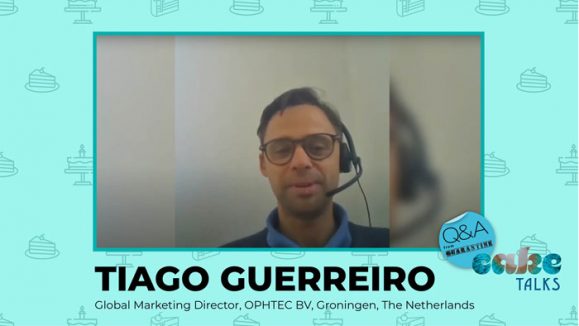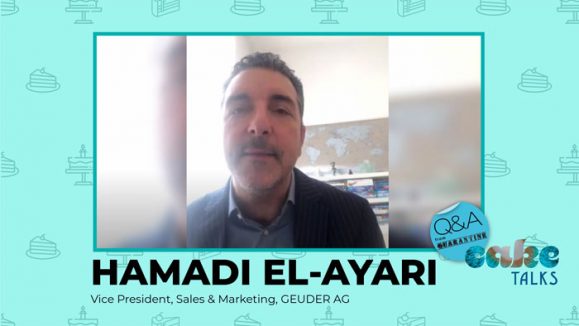When the coronavirus pandemic ends one of its most enduring images will be hospital hallways strewn with patients struggling to breathe. Images of people gasping for air, slumped over chairs or even lying on blankets on the floors — scenes so shocking they defied belief. What’s more, they were filmed in European hospitals in countries with public health services.
Spain is one of the countries most affected by coronavirus, only outstripped in its official death toll by Brazil, Russia and the United States.The country is only now emerging from one of the world’s most restrictive lockdowns. Medical personnel from all sectors were drafted to join the fight against coronavirus and ophthalmology was no exception.
Elective surgeries will likely become possible again as coronavirus restrictions are eased, but how will such procedures be able to proceed without trained ophthalmologists? In Spain and many other countries, eye surgeons are more likely to be found in an emergency room, rather than at an ophthalmology clinic. Like previous generations drafted into war, many ophthalmologists have joined the fight against this insidious enemy.
Ophthalmologists Need their Fellows
This has had a tremendous impact on ophthalmology as a whole. Young professionals just out of medical school were thrust into a high intensity environment, fresh from their general medical training. More experienced professionals, prepared for the chaos of mass-triage, reported concerns about their skills not being updated sufficiently.
Dr. Jorge Alio is one such ophthalmologist. An industry veteran with decades of experience, Dr. Alio is a specialist in cataract, cornea and refractive surgery. Based in Alicante, Spain, he has been frustrated both by the inaction of governments in the face of coronavirus, particularly in the United Kingdom, as well as the lack of a framework to support ophthalmologists in general medicine.
Ophthalmologists in Spain like Dr. Alio are being thrust into the pandemic with relatively limited check-ups, which in Dr. Alio’s case is a biennial cardiopulmonary resuscitation test. He’s concerned that doctors are being placed in difficult positions with only theoretical preparation. Dr. Alio believes a fellowship system is the solution.
“You have to take a mini fellowship with a practitioner you know. That means that you become his assistant or her assistant and you have to follow them. Meanwhile you have to get a handbook on intensive care,” Dr. Alio said.
“We are very keen to help, we are ophthalmologists, but to be in the emergency room is totally different. Our skills have not been updated,” he explained.
Is Democracy Good for Disease?
Dr. Alio was critical of the response by many Western governments to the coronavirus. In particular he criticized the handling of the crisis by U.S. President Donald Trump. Dr. Alio said the president is incapable of viewing the crisis as it is, as a medical crisis, and views it instead as a business issue.
The impact on low-income individuals has been particularly acute both in the U.S. and other Western countries. Dr. Alio noted that an unexpected feature of the pandemic is that socialist nations like Vietnam and North Korea have weathered the storm better than their Western counterparts. Dr. Alio attributed this to a culture of deference within these societies.
“All the countries with authoritarian governments, North Korea, Russia, China and Vietnam, all of these countries are doing better because the authorities are making the right decision,” Dr. Alio said.
“They took the right advice and they followed it without thinking about political decisions, because political decisions are imposed on society. In those countries you don’t decide the politics, you suffer the politics and they did well,” he added.
Whether a more authoritarian or socialist form of government makes a country’s survivability during coronavirus more viable is debatable, but certainly more decisiveness and clarity on the part of Western governments would be welcome. Ophthalmology needs support to return to normal once the crisis passes, while medical personnel working in the industry may need assistance in fighting the virus on the frontlines. Dr. Alio’s idea of a fellowship program could be easily implemented and would doubtless provide welcome support to ophthalmologists.
Editor’s Note: This story is part of the ‘Q&A from Quarantine’ series of CAKE Talks, where Matt Young (CEO of Media MICE and Publisher of PIE and CAKE magazines), during the time of COVID-19 lockdown reached out to KOLs and industry friends to evaluate and discuss the impact of this pandemic to the ophthalmic world.



